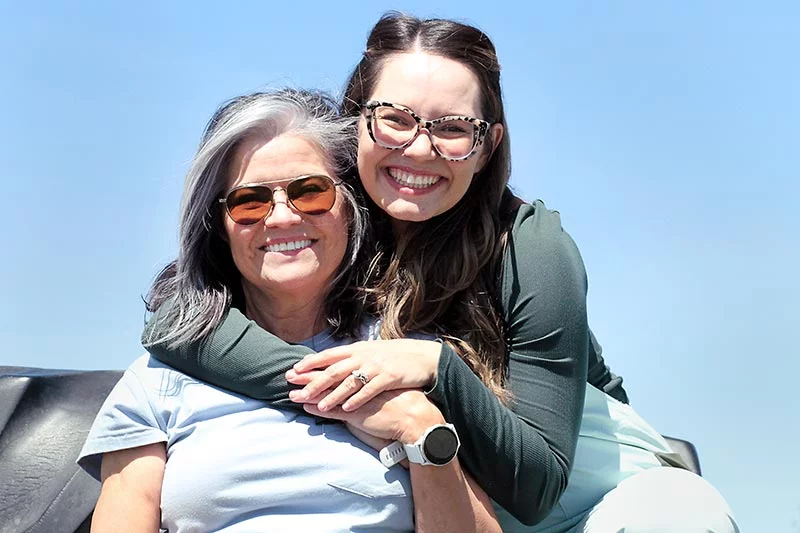 Lily Wyn with her mom, Lee Belanger. Lee’s commitment to a healthy lifestyle inspired Lily’s career in health education, so when her mom called with classic heart attack symptoms, it was a bit of a shock to them both. Photo by Joel Blocker, for UCHealth.
Lily Wyn with her mom, Lee Belanger. Lee’s commitment to a healthy lifestyle inspired Lily’s career in health education, so when her mom called with classic heart attack symptoms, it was a bit of a shock to them both. Photo by Joel Blocker, for UCHealth.UCHealth health educator Lily Wyn was preparing to screen students at a Colorado Springs high school when her phone rang. Just a few feet away, her colleague was wrapping up a lesson on heart health, specifically how symptoms like nausea and shoulder pain can be signs of a heart attack.
The timing couldn’t have been more surreal. On the other end of the line was Wyn’s mother, Wanda “Lee” Belanger, calling from home in Windsor. She was watching Wyn’s toddler, Brecken, and was feeling “off.”
“She said I needed to call my husband to come home because she was feeling nauseous,” Wyn said.
As Lee bent over to pick up her grandson that morning, she felt a strange pain around her breastbone.
“It felt like indigestion, but I never get indigestion,” Lee said.
 Lee Belanger with her grandson, Brecken Wyn. As a busy caregiver, Lee’s health quietly slipped down her list of priorities until a heart attack made her re-evaluate her lifestyle. Photo by Joel Blocker, for UCHealth.
Lee Belanger with her grandson, Brecken Wyn. As a busy caregiver, Lee’s health quietly slipped down her list of priorities until a heart attack made her re-evaluate her lifestyle. Photo by Joel Blocker, for UCHealth.She tried Tums — twice — but the discomfort returned. Then came the shoulder pain.
“And there, in the next room, I can hear my colleague in the background telling the students that shoulder discomfort and nausea can be signs of a heart attack,” Wyn said. “I told my mom, you need to go to the hospital.”
Heart disease is the leading cause of death for women in the United States, according to the American Heart Association. And shockingly, only about half of U.S. women realize it’s their No. 1 killer. Knowing the signs of a heart attack, calling 911 and prioritizing heart health — even when life is hectic — can be life-saving.
It’s those lessons that Wyn brings to students. She and her colleague were at the high school as part of UCHealth’s Healthy Heart and Minds program, which focuses on student heart health education and screenings. Though Wyn typically works in northern Colorado, she was in Colorado Springs to help expand the program in southern Colorado. With parental consent, students can get screenings for cholesterol, blood pressure and growth at multiple stages: in elementary, middle and high school. Health educators then provide support to families that need it.
“It was a weird turn of events to have to tell my mom, ‘You’re having a heart attack,’ but it’s also important that I was able to do that,” Wyn said.
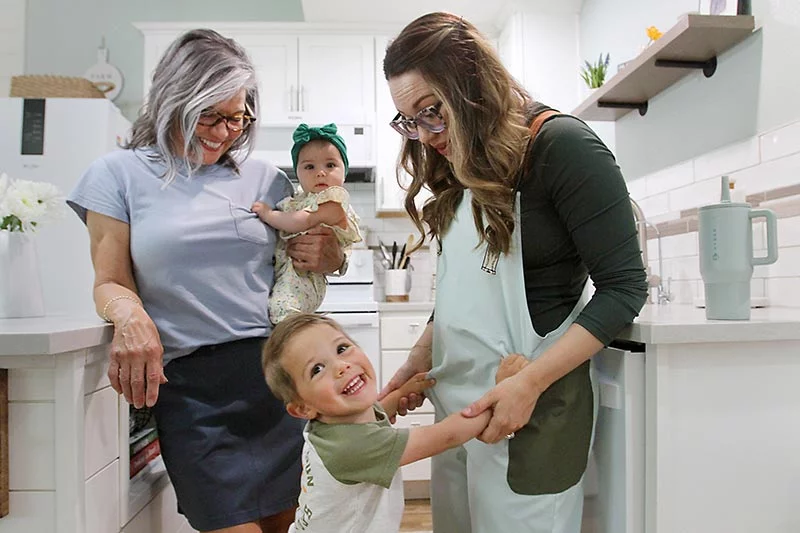 Lily Wyn, right, with her mom, Lee Belanger, son, Brecken and daughter, Matilda. Photo by Joel Blocker, for UCHealth.
Lily Wyn, right, with her mom, Lee Belanger, son, Brecken and daughter, Matilda. Photo by Joel Blocker, for UCHealth.A heart attack can happen to anyone
Lee had always been active — the kind of person who was always on the go, cooked healthy meals and encouraged her family to care for their bodies without shame or guilt.
“She inspired my love for healthy foods,” Wyn said. “There was never shame for eating, but rather she encouraged eating as a way to care for your body.”
Her mother’s lifestyle inspired Wyn’s path as a health educator. As a child, she participated in Healthy Hearts and Minds, then a week-long summer camp where she learned about nutrition and physical activity. Now she teaches those same lessons to students.
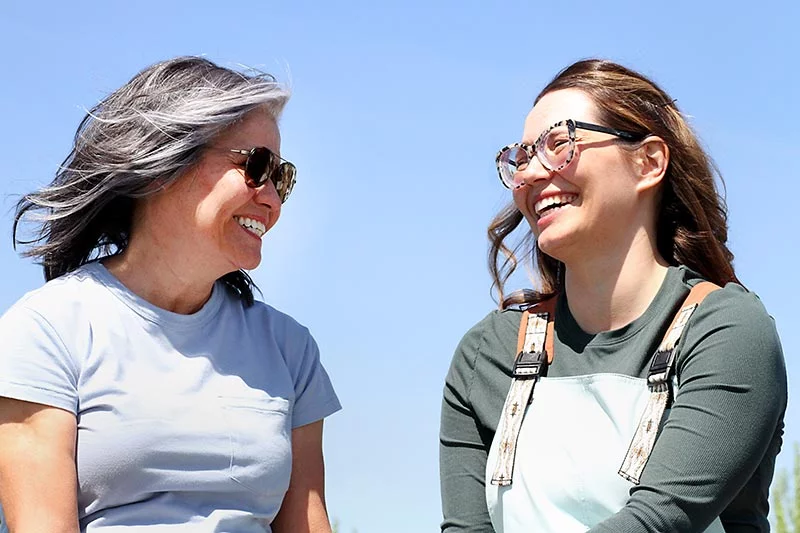 Lily Wyn with her mom, Lee Belanger. It was Lily who urged her mom to go to the hospital after her mom called her with troubling symptoms. Photo by Joel Blocker, for UCHealth.
Lily Wyn with her mom, Lee Belanger. It was Lily who urged her mom to go to the hospital after her mom called her with troubling symptoms. Photo by Joel Blocker, for UCHealth.Since 2021, Wyn and her husband have shared a home with her parents. Their multigenerational household is busy and full of activity — walks, bike rides and constant motion that makes a heart attack seem unthinkable.
But then it happened. And it changed everything.
Don’t ignore the signs of a heart attack
When Wyn hung up the phone that morning, Oct. 13, 2024, she knew something was wrong. She left Colorado Springs immediately and began the two-hour drive to UCHealth Medical Center of the Rockies in Loveland.
Back in Windsor, a friend arrived to watch Brecken while Lee’s husband drove her to the hospital about eight minutes away. On the way, Lee vomited twice.
Health experts say it’s ideal for people who are in distress to call an ambulance.
“Too often, people drive themselves to the hospital instead of calling 911,” said Dr. Justin Strote, a UCHealth cardiologist. “If you are having a heart attack, time is of the essence.”
Ambulances aren’t just transportation. They are mobile emergency rooms. Paramedics can begin treatment immediately, assess symptoms and alert hospital teams so care is ready the moment patients arrive, Strote said.
“The sooner you can get medical treatment, the better,” he said. “There is also the risk of cardiac arrest during a heart attack. Paramedics are equipped to deal with this. That’s help you wouldn’t get if you were in a private vehicle.”
Lee walked into the ER and received help immediately. Tests revealed a complete blockage in one of the three major arteries feeding her heart.
“She had a classic heart attack,” Strote said. “She did the right thing to get checked out, as unexplained heartburn in a person not prone to heartburn is an indicator of a heart attack.”
Other symptoms of a heart attack include:
- Chest pain or discomfort. This can feel like aching, tightness, pain or pressure.
- Pain or discomfort in other areas. This can include the arm or shoulder, neck, jaw, teeth or upper abdominal.
- Shortness of breath. Can be with or without discomfort.
- Cold sweats.
- Nausea or vomiting.
- Lightheadedness or sudden dizziness.
In that moment, everything Wyn had taught others about heart health became personal.
“It was a bridge of my personal and professional life – a very powerful event,” Wyn said.
Wyn and Strote both reiterate the importance of knowing the signs of a heart attack and acting on those signs.
“Trust your gut,” Wyn said.
And don’t wait to seek help.
When life gets in the way of heart health
At the hospital, Strote placed three stents in Lee’s blocked artery to restore blood flow to her heart. She now takes daily medications to prevent future complications. The heart attack made Lee reevaluate her health and lifestyle.
“I wasn’t doing all the right things, but probably more than many my age,” Lee said.
One of her biggest challenges is stress.
 Lee Belanger plays with her granddaughter, Matilda, at the home she shares with her daughter, left, Lily Wyn, and their two families. Photo by Joel Blocker, for UCHealth.
Lee Belanger plays with her granddaughter, Matilda, at the home she shares with her daughter, left, Lily Wyn, and their two families. Photo by Joel Blocker, for UCHealth.Lee and Jerry have full custody of their son’s daughter, now 7. She came to live with them when she was just 18 months old. Lee also regularly cared for Brecken while Wyn worked. At the time of her heart attack, Wyn was 36 weeks pregnant with her second child.
The demands of caregiving, chronic pain and the daily hustle of raising a young child again had pushed Lee’s health to the back burner. She was exercising less frequently and had less time to plan healthy meals. She felt stressed all of the time.
“At my age, I was not prepared to do all the things required now to raise a kid,” Lee said. “There is so much to keep up on: the apps, school communications, activities. … I stopped all the things I should have been doing for my health and focused on raising a kid again.”
 Lee Belanger with her grandson, Brecken Wyn. Photo by Joel Blocker, for UCHealth.
Lee Belanger with her grandson, Brecken Wyn. Photo by Joel Blocker, for UCHealth.Even after improving her high cholesterol in 2023, life’s demands crept back in — until her heart forced her to stop and listen.
Since her heart attack, Lee has completed 36 sessions of cardiac rehab. What began with hesitation turned into a powerful reset.
“The staff was fantastic,” Lee said. “Once I got to know everyone and heard their stories, I looked forward to going. It was good to build that habit of working out.”
“I’m feeling great now,” she added. “I’ve noticed I’ve got more energy and don’t need those cat naps during the day.”
For Wyn, the experience has deepened her commitment to work. She now shares her mother’s story with students — not to scare them, but to empower them.
“Kids can relate more to what you’re trying to teach them when it’s personal,” she said. “I love seeing the light bulb moment for students — when they realize that the power of their health is in their own hands.”
 Lily Wyn, left, with her mother, Lee Belanger and daughter, Matilda Wyn. Photo by Joel Blocker, for UCHealth.
Lily Wyn, left, with her mother, Lee Belanger and daughter, Matilda Wyn. Photo by Joel Blocker, for UCHealth.That light bulb moment has come for Lee, too. She’s back to focusing on thoughtful food choices, moving with intention and prioritizing her well-being — not just for herself, but for the family she loves.



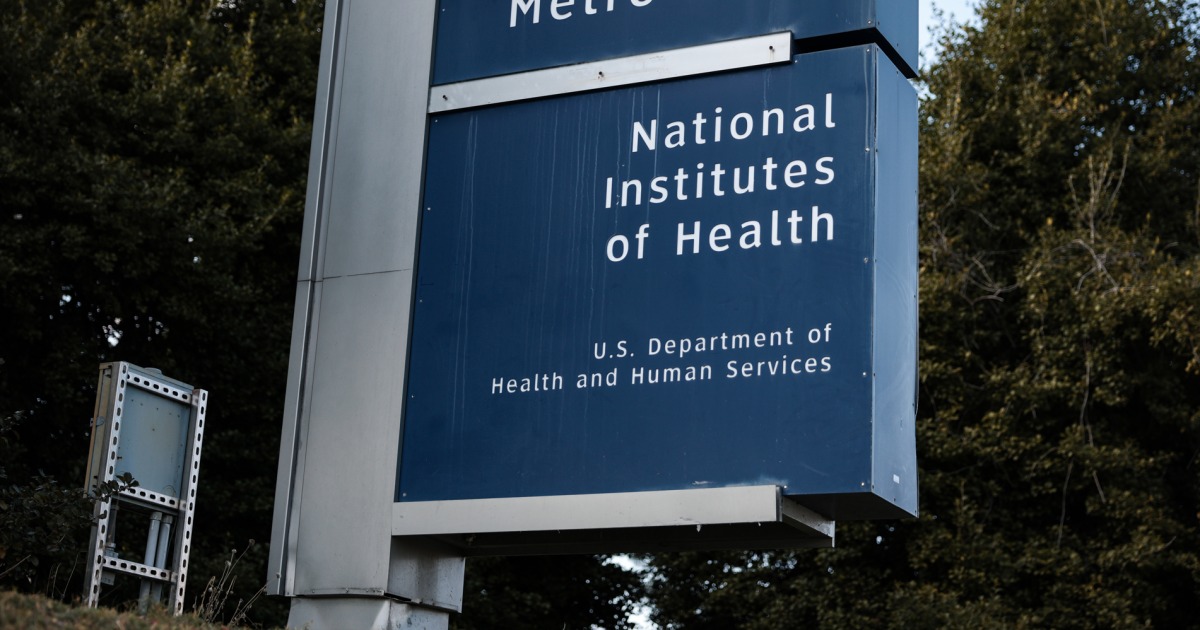

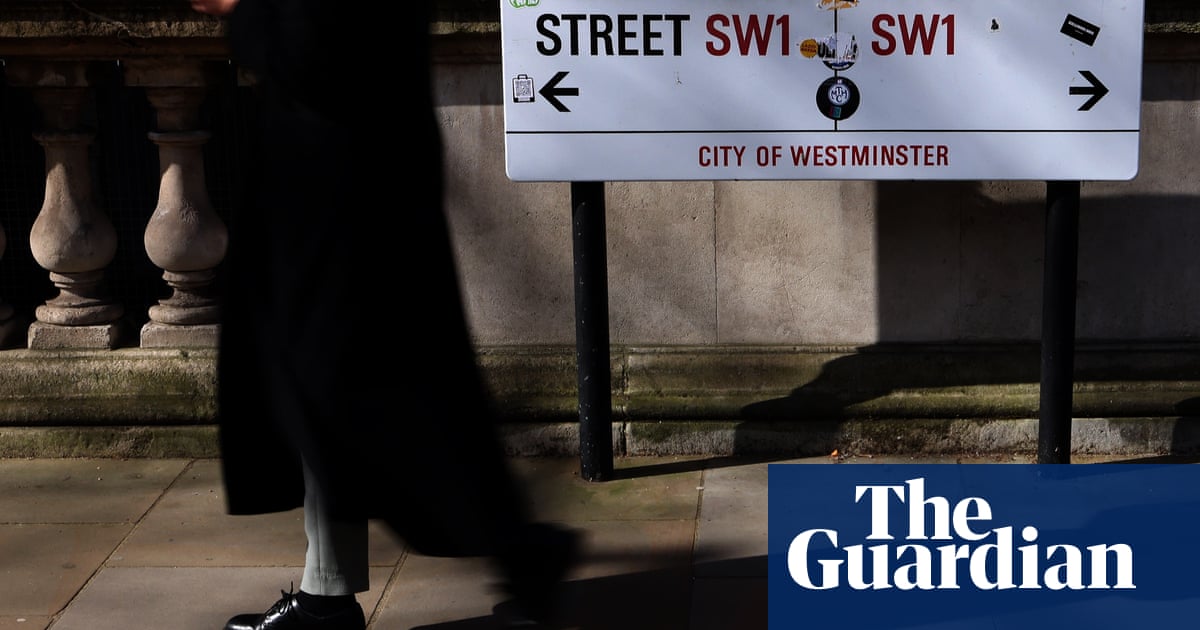
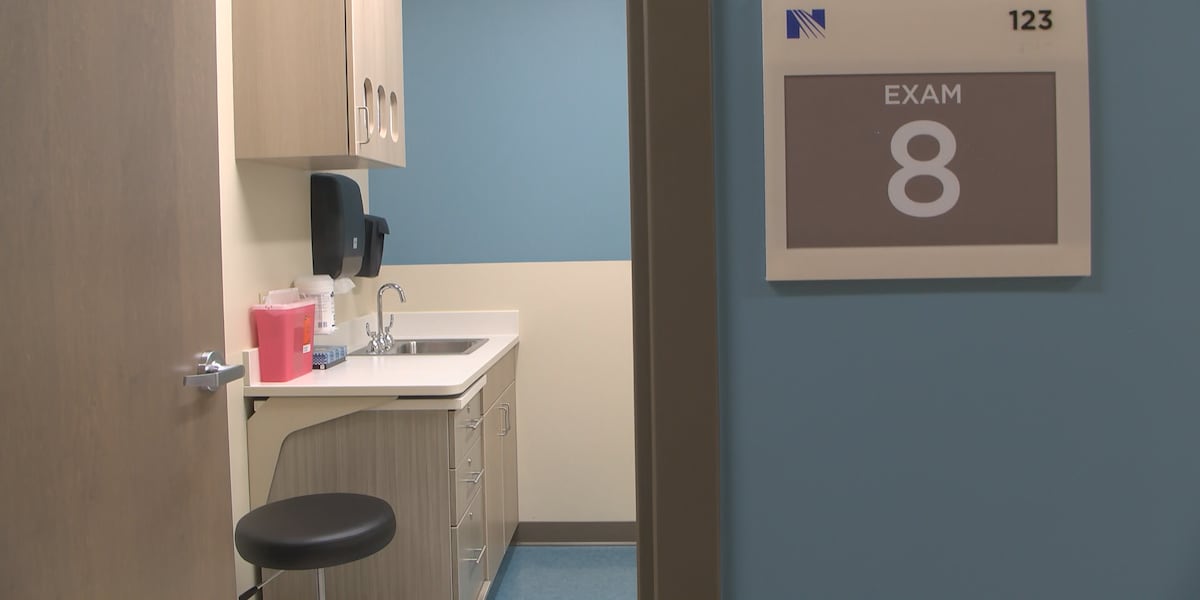
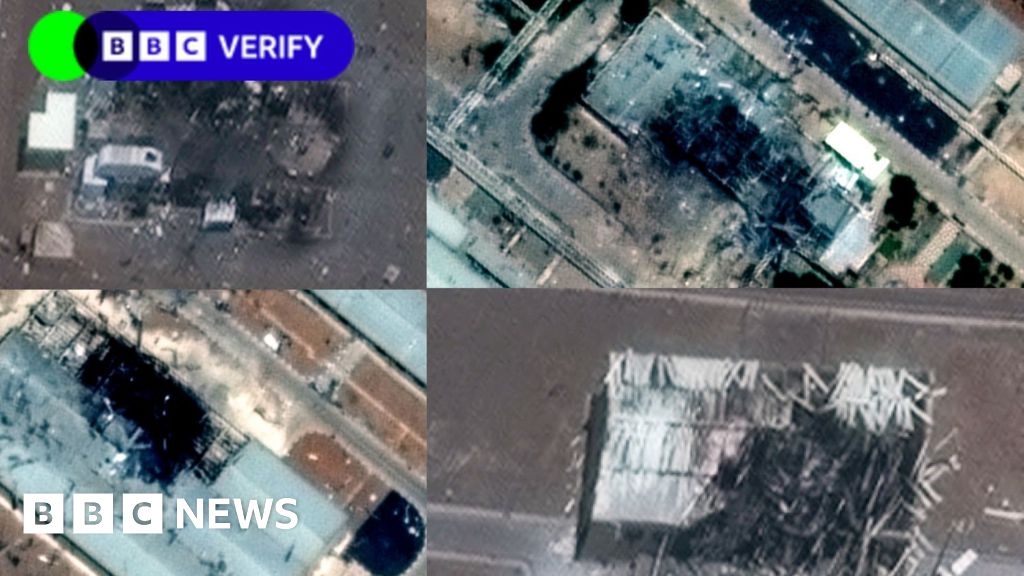

 English (US) ·
English (US) ·